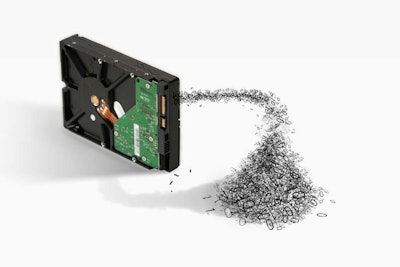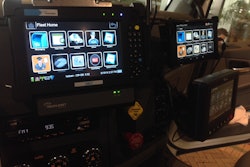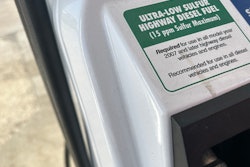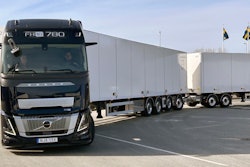
“From my standpoint, I’m seeing everything post-crash,” he says. “If I see 400,000 miles of history on your ECM download – that’s not good. Let’s have a process of downloading this regularly and not waiting until there’s a wreck.”
With such a history at the disposal of plaintiff’s attorneys, there can be a lot to cherry-pick. Truck electronic control modules to varying degrees will show things like maximum speeds, fuel efficiency, “hard stop data, last stop data,” says Moseley.
With regard to last-stop data, attorneys and carriers still deal with the issue of that last stop data being erased “when we recrank the engine,” Moseley says. “Be careful on the scene of an accident. It’s worth paying a tow bill to avoid erasing that data.”
Do the research and know what your engine’s data storage parameters and capabilities are.
Regarding maximum speeds recorded in ECMs, Moseley notes he’s seen “maximum speeds at over 100 mph. I don’t want to see that” from a trucker whose owner he needs to defend.
After an accident, keep such data “through the statute of limitations or when the case is finally finished,” Moseley advises.










